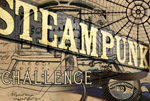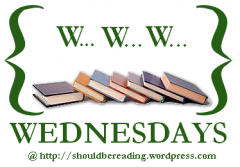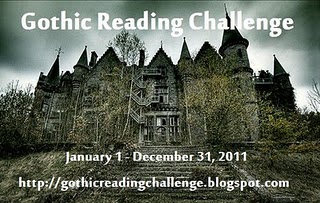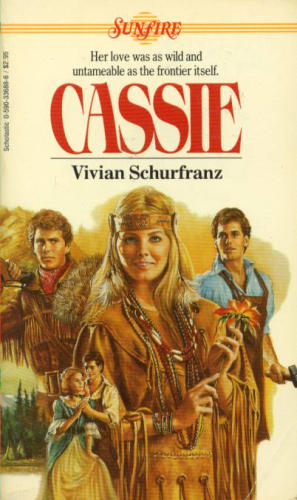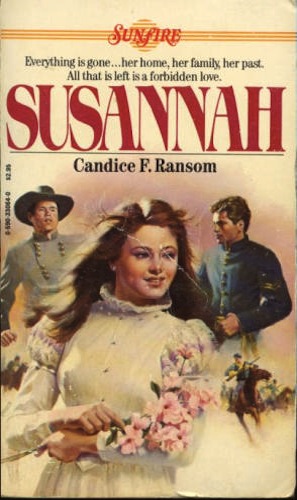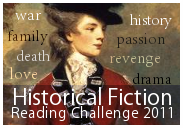 July already? Really? My summer is going to be gone in the blink of an eye (sigh).
July already? Really? My summer is going to be gone in the blink of an eye (sigh).
I managed to find a few interesting looking books this week. I claimed [amazon_link id=”055338483X” target=”_blank” ]Garden Spells[/amazon_link] and [amazon_link id=”0553384848″ target=”_blank” ]The Sugar Queen[/amazon_link] by Sarah Addison Allen on PaperBackSwap, and they should be arriving in my mailbox shortly.
I think [amazon_link id=”1439167397″ target=”_blank” ]The Map of Time[/amazon_link] by Félix J. Palma crossed my radar some time ago, but I hadn’t added it to my to-read list yet. It’s there now. Looks like fun.
Did you discover any interesting books this week?
[amazon_image id=”055338483X” link=”true” target=”_blank” size=”medium” ]Garden Spells (Bantam Discovery)[/amazon_image] [amazon_image id=”0553384848″ link=”true” target=”_blank” size=”medium” ]The Sugar Queen (Random House Reader’s Circle)[/amazon_image] [amazon_image id=”1439167397″ link=”true” target=”_blank” size=”medium” ]The Map of Time: A Novel[/amazon_image]
